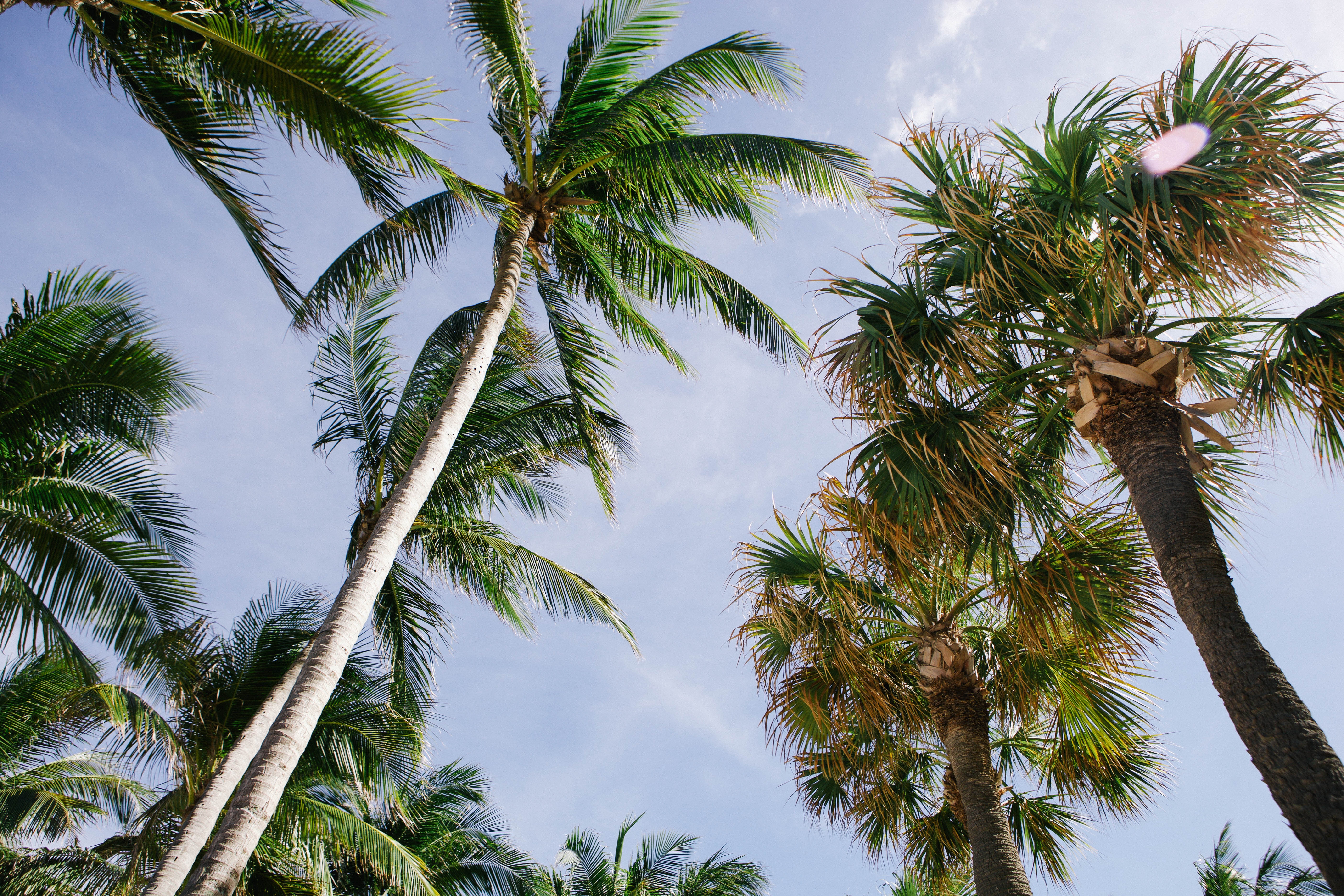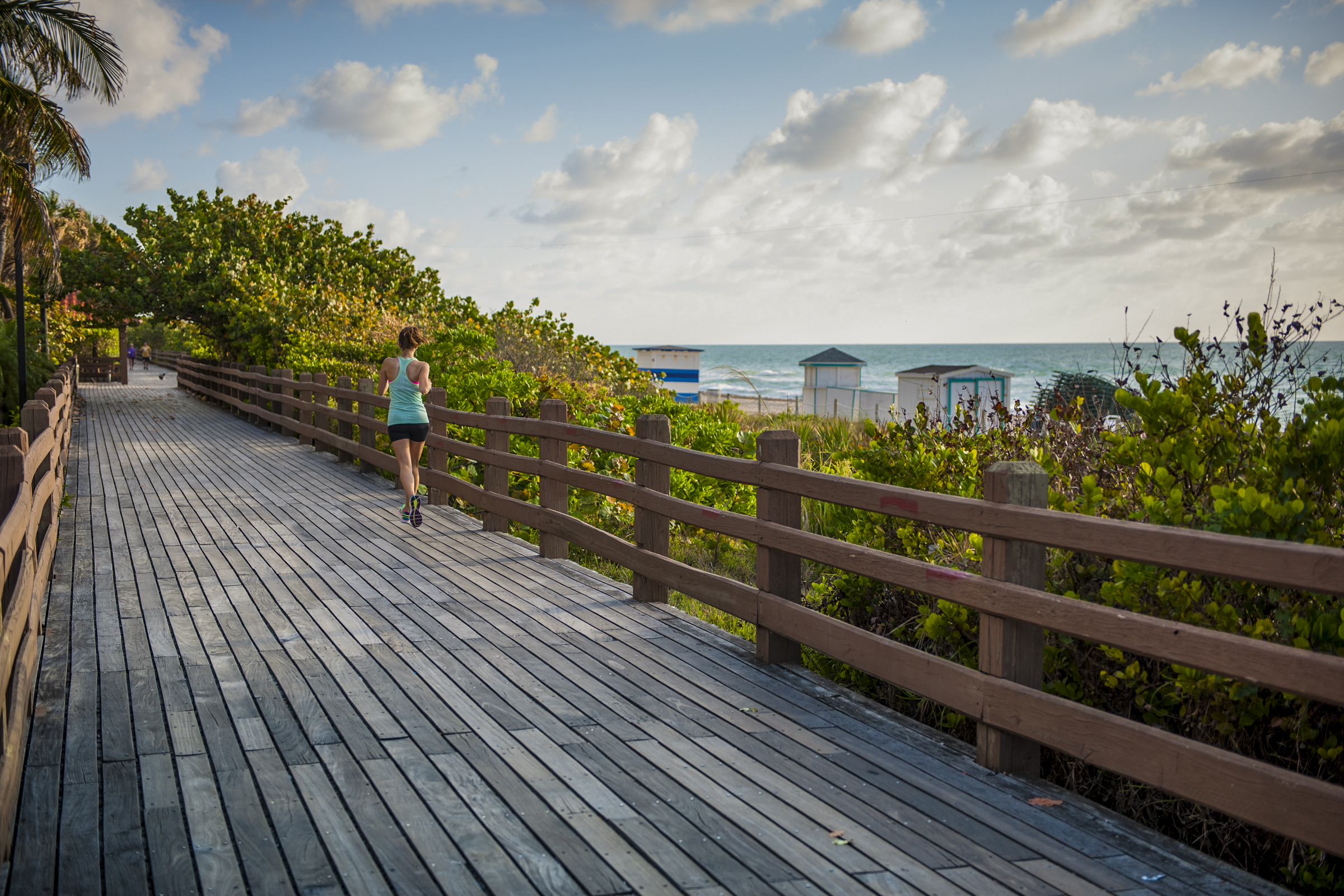
Canada & East Coast Explorer
Canada & East Coast Explorer
Cruise overview
WHY BOOK WITH US?
- ✔ The Deluxe Cruises’ team has extensive experience in ultra-luxury cruising.
- ✔ Call now to speak to our helpful and experienced Cruise Concierge team.
- ✔ Enjoy our Unique Deluxe Cruises Bonus for substantial savings.
- ✔ Our team will tailor your holiday to your exacting requirements.
- ✔ As agents, we work under the protection of each cruise lines ABTA / ATOL licences
About Fort Lauderdale, Florida
Like many southeast Florida neighbors, Fort Lauderdale has long been revitalizing. In a state where gaudy tourist zones often stand aloof from workaday downtowns, Fort Lauderdale exhibits consistency at both ends of the 2-mile Las Olas corridor. The sparkling look results from upgrades both downtown and on the beachfront. Matching the downtown's innovative arts district, cafés, and boutiques is an equally inventive beach area, with hotels, cafés, and shops facing an undeveloped shoreline, and new resort-style hotels replacing faded icons of yesteryear. Despite wariness of pretentious overdevelopment, city leaders have allowed a striking number of glittering high-rises. Nostalgic locals and frequent visitors fret over the diminishing vision of sailboats bobbing in waters near downtown; however, Fort Lauderdale remains the yachting capital of the world, and the water toys don’t seem to be going anywhere.




About Charleston, South Carolina
Wandering through the city's famous Historic District, you would swear it is a movie set. Dozens of church steeples punctuate the low skyline, and horse-drawn carriages pass centuries-old mansions and town houses, their stately salons offering a crystal-laden and parquet-floored version of Southern comfort. Outside, magnolia-filled gardens overflow with carefully tended heirloom plants. At first glance, the city may resemble a 19th-century etching come to life—but look closer and you'll see that block after block of old structures have been restored. Happily, after three centuries of wars, epidemics, fires, and hurricanes, Charleston has prevailed and is now one of the South's best-preserved cities.Although it’s home to Fort Sumter, where the bloodiest war in the nation's history began, Charleston is also famed for its elegant houses. These handsome mansions are showcases for the "Charleston style," a distinctive look that is reminiscent of the West Indies, and for good reason. Before coming to the Carolinas in the late 17th century, many early British colonists first settled on Barbados and other Caribbean islands. In that warm and humid climate they built homes with high ceilings and rooms opening onto broad "piazzas" (porches) at each level to catch sea breezes. As a result, to quote the words of the Duc de La Rochefoucauld, who visited in 1796, "One does not boast in Charleston of having the most beautiful house, but the coolest."Preserved through the hard times that followed the Civil War and an array of natural disasters, many of Charleston's earliest public and private buildings still stand. Thanks to a rigorous preservation movement and strict architectural guidelines, the city's new structures blend in with the old. In many cases, recycling is the name of the game—antique handmade bricks literally lay the foundation for new homes. But although locals do dwell—on certain literal levels—in the past, the city is very much a town of today.Take, for instance, the internationally heralded Spoleto Festival USA. For 17 days every spring, arts patrons from around the world come to enjoy international concerts, dance performances, operas, and plays at various venues citywide. Day in and day out, diners can feast at upscale restaurants, shoppers can look for museum-quality paintings and antiques, and lovers of the outdoors can explore Charleston's outlying beaches, parks, and waterways. But as cosmopolitan as the city has become, it's still the South, and just beyond the city limits are farm stands cooking up boiled peanuts, the state's official snack.

About Norfolk, Virginia
Like many other old Southern towns, Norfolk has undergone a renaissance, one that's especially visible in the charming shops and cafés in the historic village of Ghent. There's plenty to see in this old navy town.

About Halifax, Nova Scotia
Surrounded by natural treasures and glorious seascapes, Halifax is an attractive and vibrant hub with noteworthy historic and modern architecture, great dining and shopping, and a lively nightlife and festival scene. The old city manages to feel both hip and historic. Previous generations had the foresight to preserve the cultural and architectural integrity of the city, yet students from five local universities keep it lively and current. It's a perfect starting point to any tour of the Atlantic provinces, but even if you don't venture beyond its boundaries, you will get a real taste of the region.It was Halifax’s natural harbor—the second largest in the world after Sydney, Australia’s—that first drew the British here in 1749, and today most major sites are conveniently located either along it or on the Citadel-crowned hill overlooking it. That’s good news for visitors because this city actually covers quite a bit of ground.Since amalgamating with Dartmouth (directly across the harbor) and several suburbs in 1996, Halifax has been absorbed into the Halifax Regional Municipality, and the HRM, as it is known, has around 415,000 residents. That may not sound like a lot by U.S. standards, but it makes Nova Scotia’s capital the most significant Canadian urban center east of Montréal.There's easy access to the water, and despite being the focal point of a busy commercial port, Halifax Harbour doubles as a playground, with one of the world's longest downtown boardwalks. It's a place where container ships, commuter ferries, cruise ships, and tour boats compete for space, and where workaday tugs and fishing vessels tie up beside glitzy yachts. Like Halifax as a whole, the harbor represents a blend of the traditional and the contemporary.

About Louisbourg, Nova Scotia
Louisbourg, Nova Scotia, is a thriving seaport located on the eastern tip of Cape Breton Island. French settlers first arrived in Louisbourg in 1713, using the island as a base for their lucrative cod fishery. Soon, the town became one of the busiest harbours in North America and an important trading outpost and military hub. They named it Louisbourg, in honour of King Louis XIV. The fortress was built to defend against the threat of a British invasion. After two major attacks, the fortress was destroyed in the 1760’s. In 1961 the Canadian Government commenced a $25 million reconstruction project to restore portions of the fortress to its pre-siege glory of the 1740’s. It was the largest reconstruction project in North America. The lighthouse was Canada’s first, constructed in 1734, but was severely damaged during the last siege and was abandoned in 1758. The existing lighthouse was built in 1923.

About Cap-aux-Meules, Magdalen Islands, Québec

About Quebec City, Québec
Québec City's alluring setting atop Cape Diamond (Cap Diamant) evokes a past of high adventure, military history, and exploration. This French-speaking capital city is the only walled city north of Mexico. Visitors come for the delicious and inventive cuisine, the remarkable historical continuity, and to share in the seasonal exuberance of the largest Francophone population outside France.The historic heart of this community is the Old City (Vieux-Québec), comprising the part of Upper Town (Haute-Ville) surrounded by walls and Lower Town (Basse-Ville), which spreads out at the base of the hill from Place Royale. Many sets of staircases and the popular funicular link the top of the hill with the bottom. Cobblestone streets, horse-drawn carriages, and elaborate cathedrals here are charming in all seasons. The Old City earned recognition as an official UNESCO World Heritage site in 1985, thanks largely to city planners who managed to update and preserve the 400-year-old buildings and attractions without destroying what made them worth preserving. The most familiar icon of the city, Fairmont Château Frontenac, is set on the highest point in Upper Town, where it holds court over the entire city.Sitting proudly above the confluence of the St. Lawrence and St. Charles rivers, the city's famous military fortification, La Citadelle, built in the early 19th century, remains the largest of its kind in North America. In summer, visitors should try to catch the Changing of the Guard, held every morning at 10 am; you can get much closer to the guards here than at Buckingham Palace in London.Enchanting as it is, the Old City is just a small part of the true Québec City experience. Think outside the walls and explore St-Roch, a downtown hot spot, which has artsy galleries, foodie haunts, and a bustling square. Cruise the Grande-Allée and avenue Cartier to find a livelier part of town dotted with nightclubs and fun eateries. Or while away the hours in St-Jean-Baptiste, a neighborhood with trendy shops and hipster hangouts.

About Trois-Rivieres (Three Rivers), Québec

About Toronto, Ontario

















